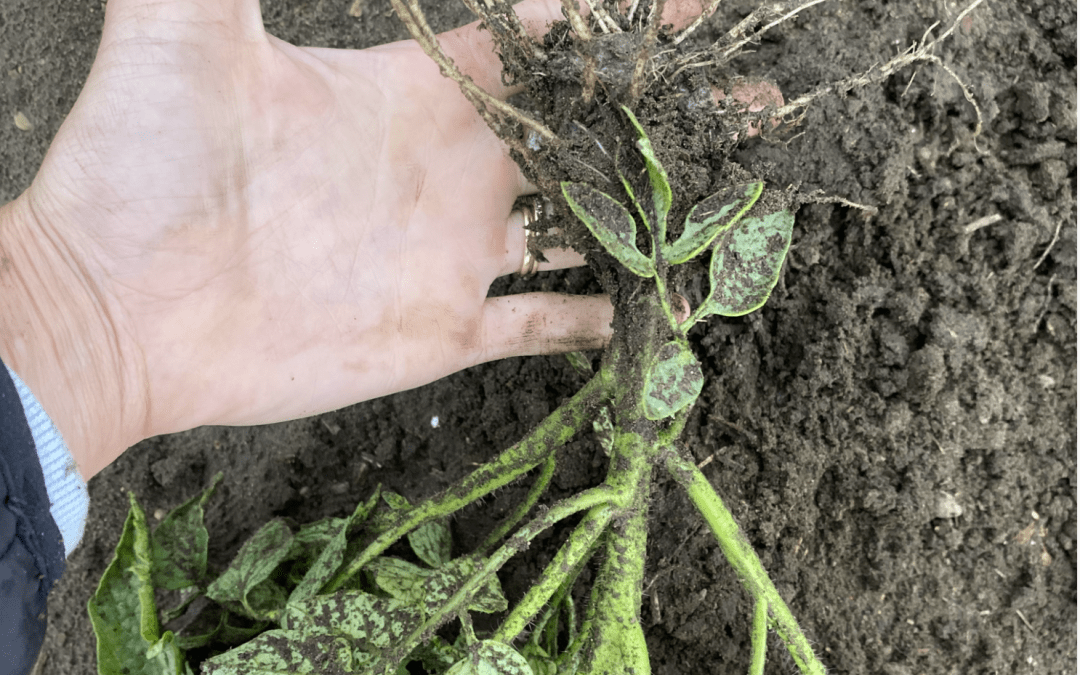
Ohio Tomato Planting Update
In May 2021, PlantTape conducted a tomato transplanting trial in Northwest Ohio. The trial aimed to demonstrate viability of PlantTape’s automated transplanting system for non-irrigated tomato agriculture. Recently, a crew harvested the PlantTape tomatoes and compared yield and fruit quality to conventionally planted tomatoes of the same variety grown adjacent to the PlantTape trial.
The Tomato Planting Trial
In May, as reported in our previous blog post, PlantTape injected subsurface water to the root zone of each tomato seedling during transplanting. The injected water helped the transplanted tomatoes establish themselves during 5+ days of dry, hot weather before the next rains arrived.
Subsequent inspections revealed that the PlantTape tomatoes were thriving on par with their conventionally planted neighbors, with similar height, color, and other health markers.
Harvesting the PlantTape Tomatoes
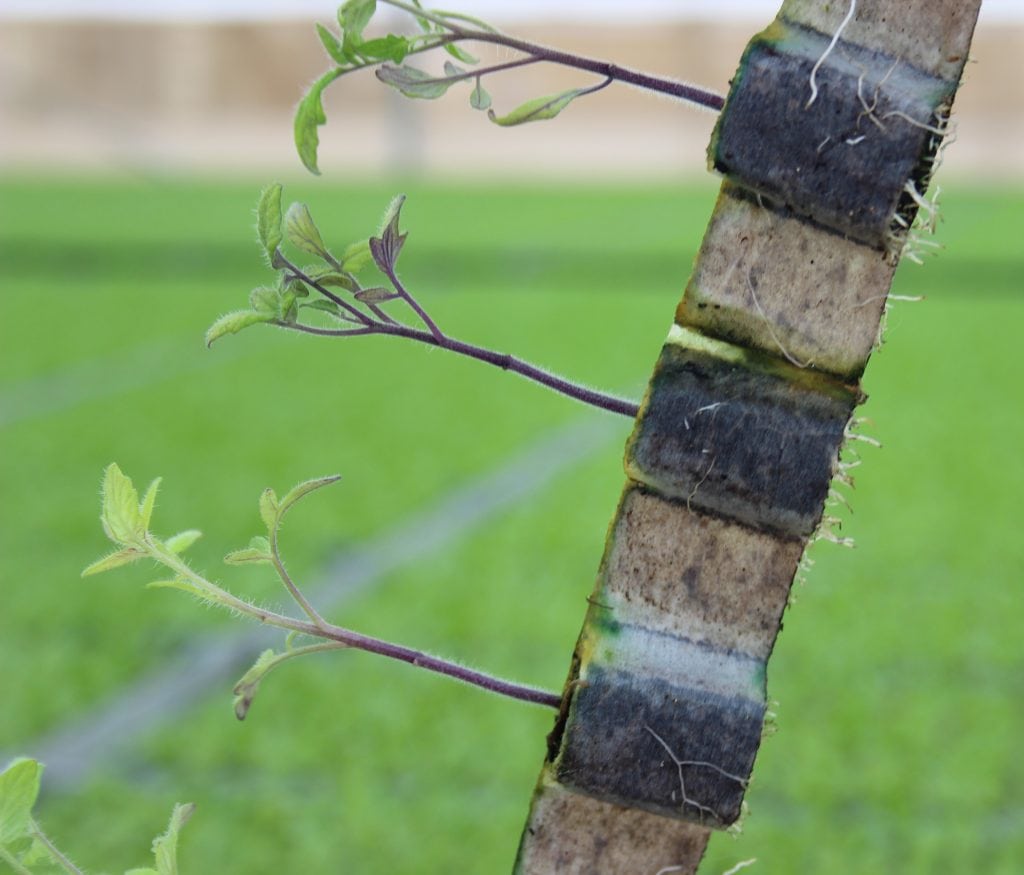
Tomato transplants ready to be planted
The PlantTape tomato harvest compared favorably with tomatoes which were planted with conventional transplanting methods. Both crops—PlantTape tomatoes and nearby conventionally planted tomatoes of the same variety—measured similarly in terms of the following metrics:
- Stand
- Yield (tons per acre)
- Color
- Uniformity
The harvest further validates the viability of the PlantTape automated transplanting system for no-irrigation tomato growing operations.
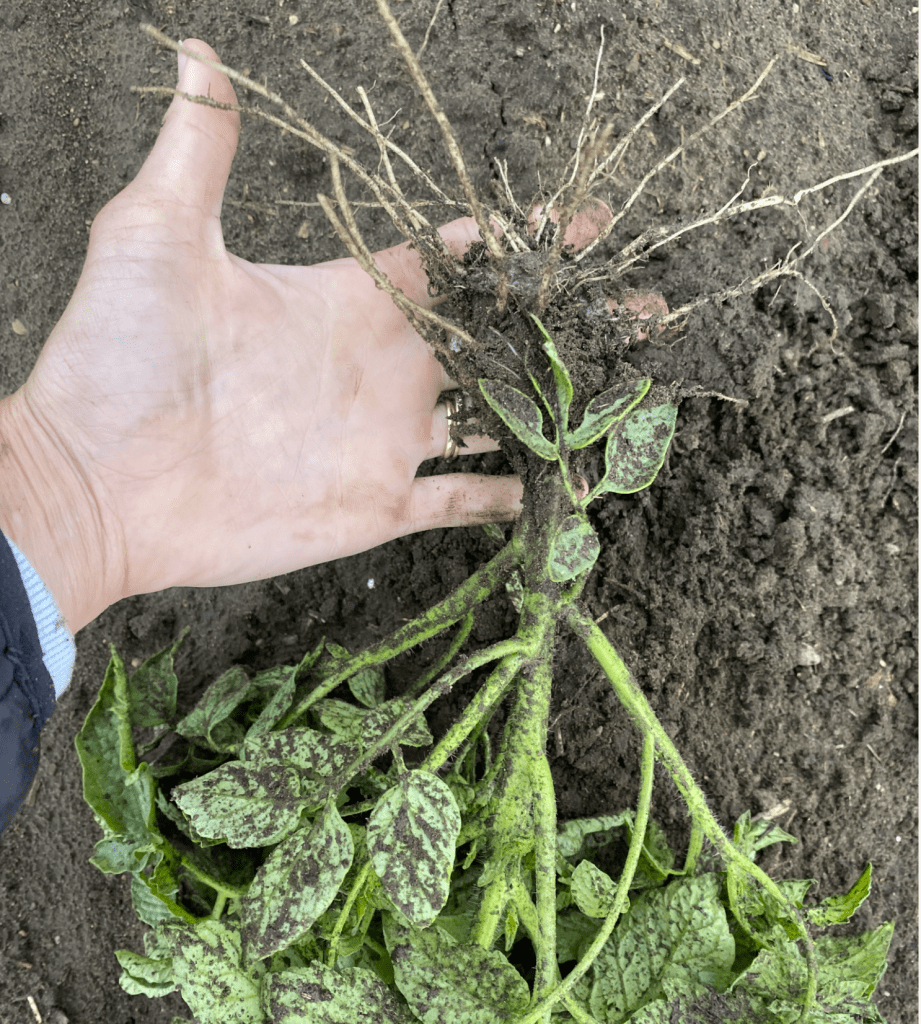
Tomato plant roots from PlantTape transplant
Seeking Partners for 2022 Tomato Trials
PlantTape will conduct further tomato trials in the 2022 growing season, and welcomes partnership opportunities to trial our system’s capabilities in different regions of the United States.
Next year’s trials will test longevity of PlantTape seedlings in the greenhouse, among other critical factors.
PlantTape is giving growers the opportunity to demo the equipment before having to make a final decision on the product.
If you are a tomato grower in the US and wish to participate in a tomato transplanting trial, please contact Danielle Michaels at daniellemichaels@planttape.com to discuss logistics.
About PlantTape: PlantTape is an agricultural technology company based in Salinas, California. Our automated transplanting system making the nursery and transplanting process more efficient for vegetable growers, tomato growers, and hemp growers around the world.
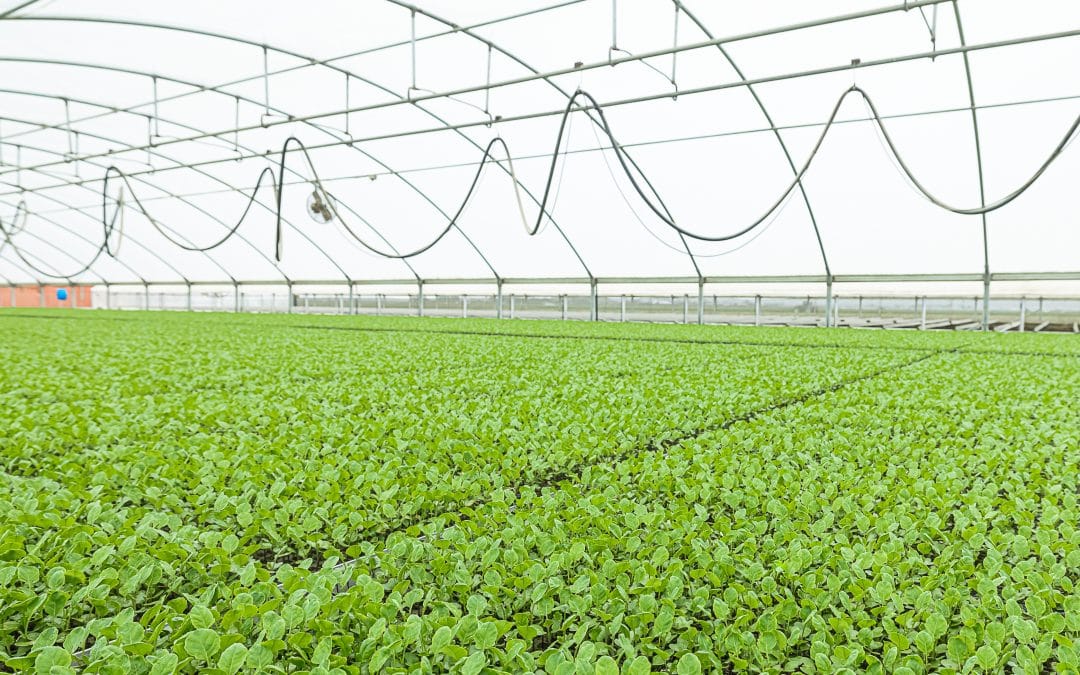
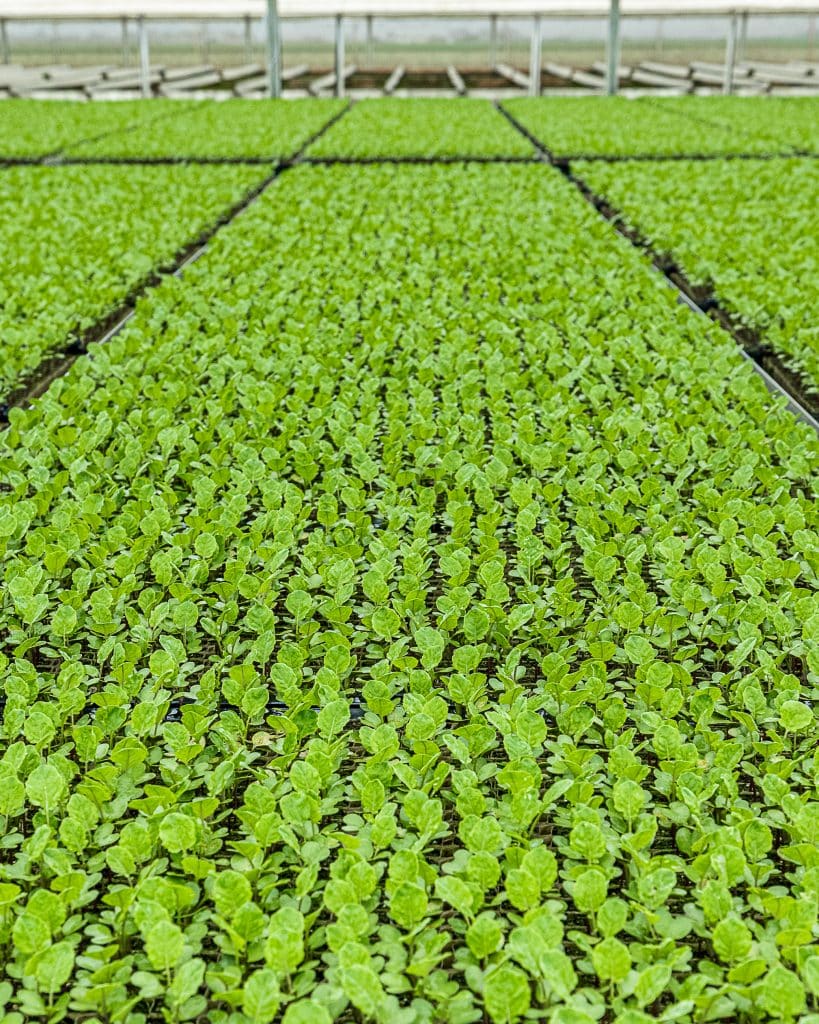
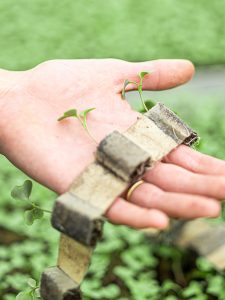
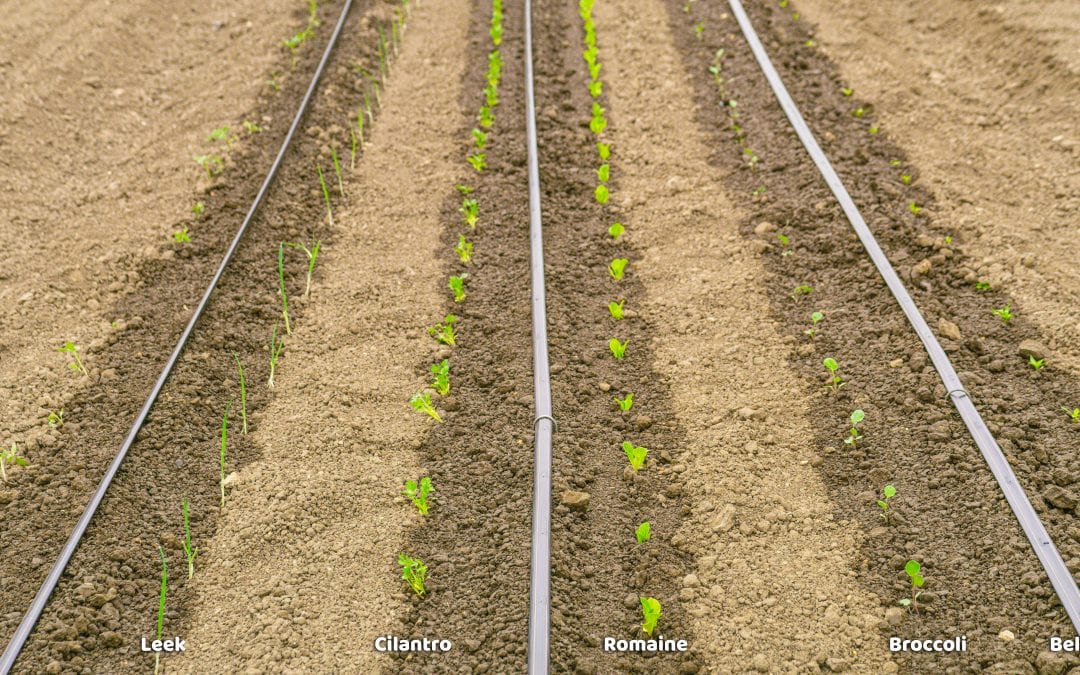
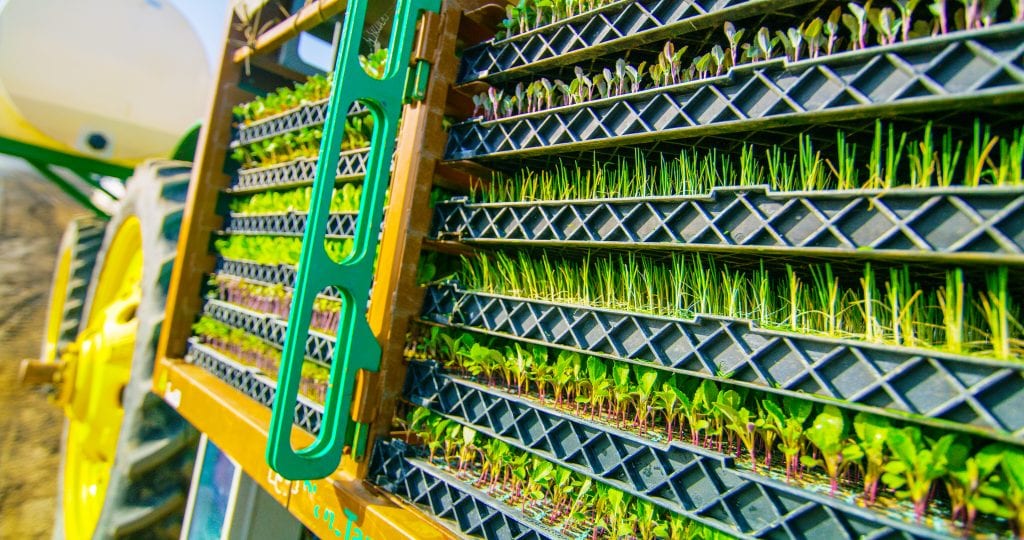
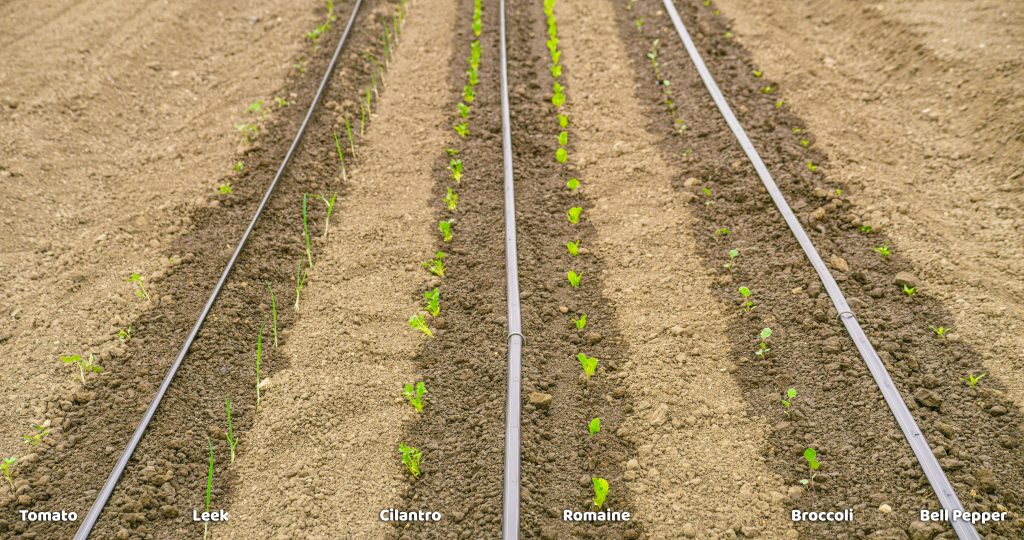
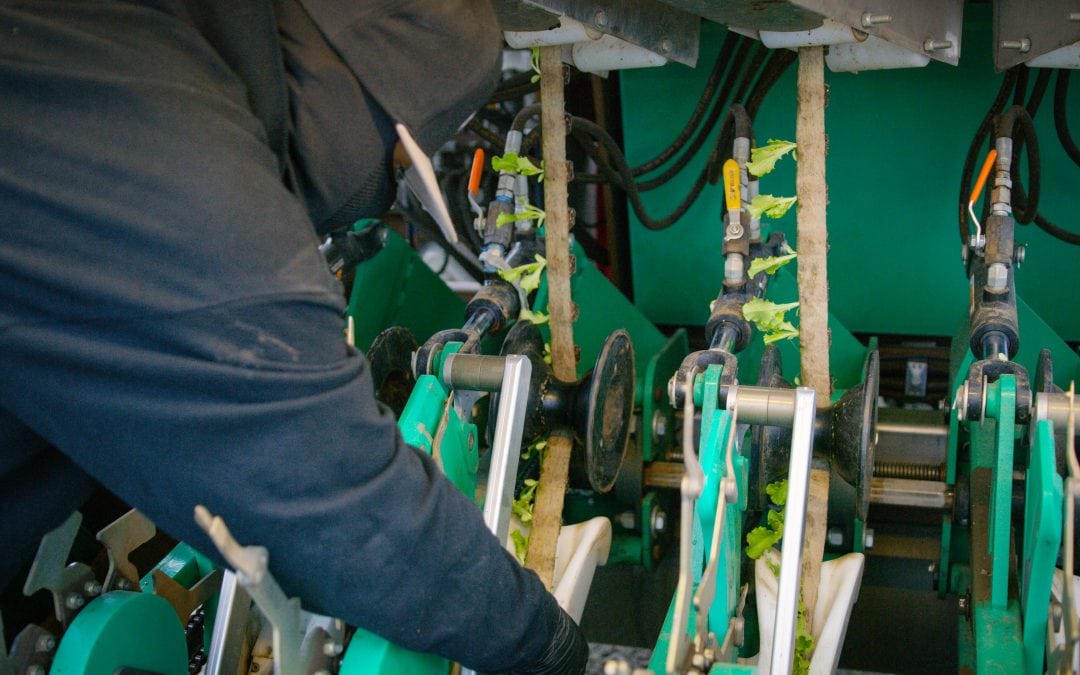
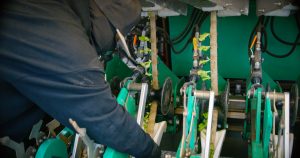
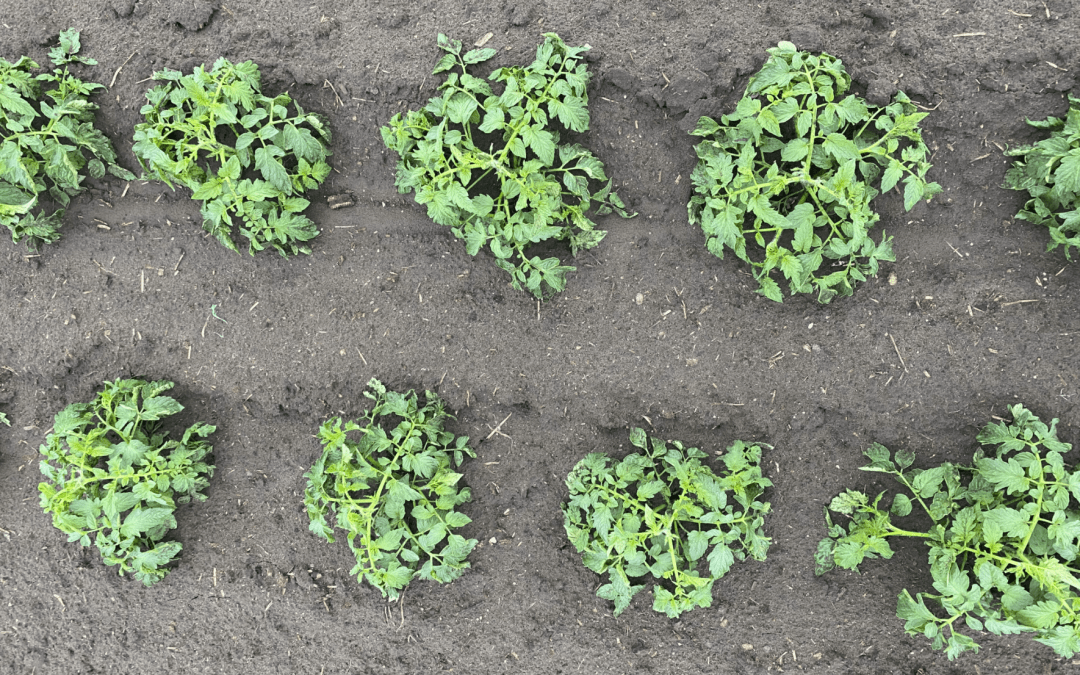
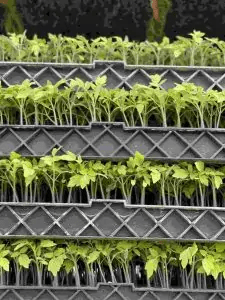
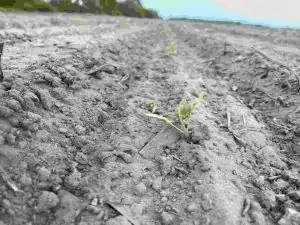
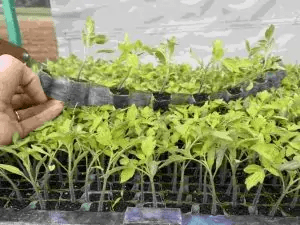
Recent Comments